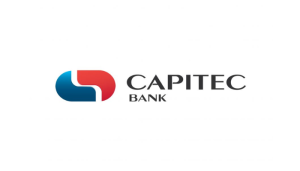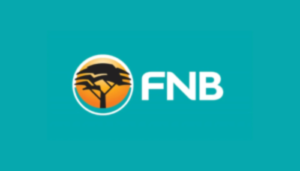ADVERTISEMENT
In recent years, awareness of the importance of physical and mental well-being has grown significantly. In this context, the need arises to address how loans can be a strategic tool for investing in well-being, especially when it comes to medical expenses. This article explores the growing trend of seeking financing for health-related costs and highlights the benefits and considerations associated with this type of investment.
ADVERTISEMENT
The impact of medical expenses on financial health:
The impact of unexpected medical expenses simply transcends the financial aspect, extending beyond budget spreadsheets. In addition to the monetary burden, these unforeseen events entail emotional stress and worries about the financial future. The unpredictability of these expenditures underscores the urgency to develop financial solutions that not only alleviate the immediate burden, but also provide a safety net for health emergencies. The search for more effective and flexible strategies to deal with these financial challenges becomes crucial in the face of the inherent unpredictability of health issues.
The rise of loans for medical expenses:
The significant increase in demand for loans aimed exclusively at medical expenses indicates a paradigmatic transformation in society’s perception of Health and finance. This trend reflects a cultural shift in which people have come to recognize, in a more emphatic way, the priority of investing in their well-being, even if this implies the need to resort to external financial resources. The search for specific financial assistance for health-related costs not only illustrates the growing appreciation of individual and collective health, but also highlights people’s willingness to take a proactive approach to dealing with unforeseen medical expenses. This change in mindset represents an advance in the understanding that investment in health is not only a necessity, but a priority that justifies the employment of strategic financial resources to ensure continuous access to the necessary care.
ADVERTISEMENT
Flexibility and personalization in Health loans:
The evolution of financial products aimed at medical expenses reflects a proactive response to the dynamic needs of borrowers. In this scenario, flexibility has become the cornerstone of these financial instruments, offering not only solutions, but a customized approach to meet the diverse circumstances of beneficiaries. Interest rates, once seen as significant obstacles, are now subject to increasing competitiveness, providing more favorable conditions for those seeking financial assistance at critical times of Health. In addition, extended terms make it possible to distribute financial obligations more evenly, relieving immediate pressure on borrowers. Along with personalized payment options, this approach reflects a fundamental shift in the design of medical expense loans, aimed at offering not only capital but also financial peace of mind to individuals and their families during challenging periods.
Investing in prevention and long-term well-being:
In addition to covering immediate medical expenses, loans can be a tool for investing in prevention and long-term well-being. Funding regular check-ups, fitness programs, and preventive therapies can be crucial to maintaining a healthy life.
Challenges and ethical considerations:
While loans for medical expenses offer substantial benefits, there are ethical considerations to consider. Universal healthcare accessibility is still a concern, and financial institutions must ensure that their products do not contribute to disparities in healthcare access.
Financial education and health:
The synergy between educational programs focused on health and finance emerges as a key catalyst in building awareness of the relevance of investing in well-being and promoting the responsible use of loans in this scenario. By integrating these programs, individuals are empowered not only to understand the vital interconnection between health and financial stability, but also to develop practical skills to manage both areas of their lives holistically. Education plays a crucial role in providing an in-depth understanding of the financial implications related to health, empowering people to make informed decisions about how to finance their medical needs without compromising their overall financial balance. In addition, these programs can demystify complex concepts such as interest rates and contractual terms, allowing individuals to more confidently navigate the health-related financial landscape.
Technological innovations and ease of access:
Technological innovations are transforming the way people access financial services. Online platforms and apps facilitate the process of applying for and managing loans for medical expenses, making these resources more accessible.
The future of medical loans:
As society evolves, it is likely that loans for medical expenses will continue to play a crucial role in investing in well-being. The search for sustainable and ethical financial solutions in this domain is essential to ensure that everyone has the opportunity to take care of their health without compromising their financial future.
Investing in wellness through medical expense loans represents an innovative approach that reflects the changing mindset towards health and finance. By balancing benefits and challenges, it is possible to create financial solutions that promote equitable access to health care and encourage continued investment in individual and collective well-being.





